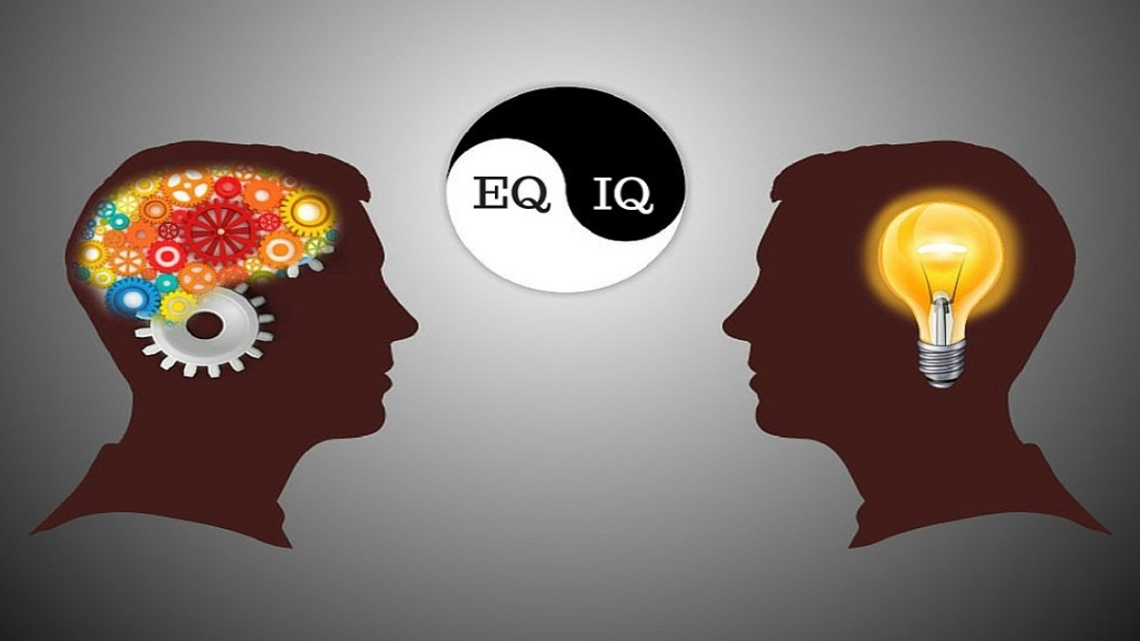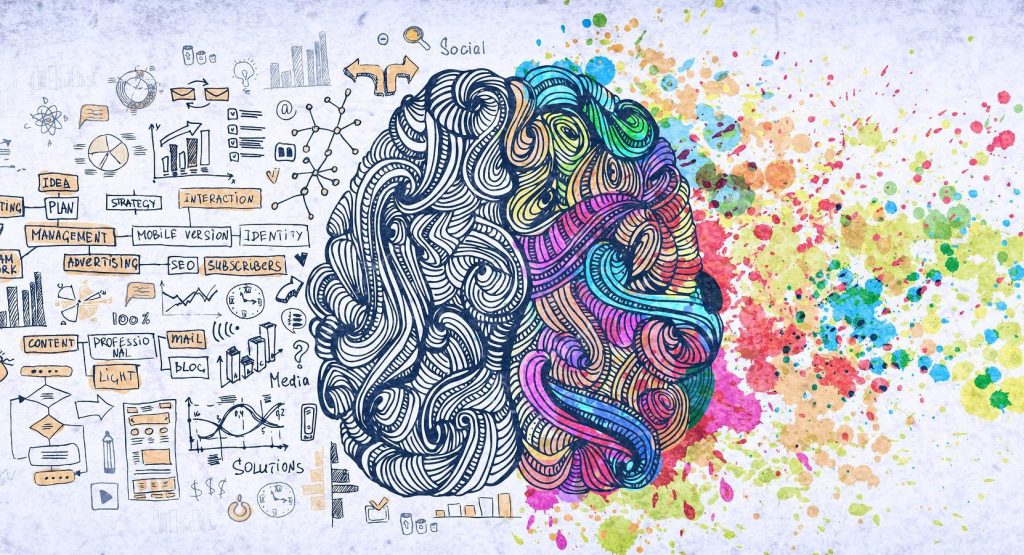
Navigating the Intelligence Quotient (IQ) and Emotional Quotient (EQ): The Interplay of Nature and Nurture
In the realm of human cognition and emotion, two prominent concepts often come to the forefront: Intelligence Quotient (IQ) and Emotional Quotient (EQ). While IQ traditionally measures cognitive abilities, EQ gauges emotional intelligence. The age-old debate of nature versus nurture also extends to these facets of human capability. In this article, we’ll explore the distinctions between IQ and EQ, delve into their respective impacts on our lives, and contemplate the influence of genetics on these essential dimensions of human functioning.
Understanding IQ and EQ
IQ: is a numerical representation of an individual’s cognitive abilities as measured by intelligence tests. IQ tests typically assess various cognitive skills, including logical reasoning, problem-solving, mathematical abilities, language comprehension, and spatial awareness. IQ scores have been historically used to predict academic success, job performance, and various life outcomes. However, they provide only a partial picture of an individual’s capabilities and potential.
EQ: refers to emotional intelligence, encompassing the ability to perceive, understand, manage, and navigate one’s emotions and those of others. Emotional intelligence involves self-awareness, self-regulation, motivation, empathy, and social skills. It plays a crucial role in personal relationships, leadership, and overall well-being. High EQ is associated with better interpersonal relationships, effective communication, and adaptability. Emotional intelligence is increasingly recognized as a key factor in personal and professional success.
Nature and Nurture in IQ
Studies suggest a genetic component to IQ, with heritability estimates ranging from 40% to 80%. Genes can influence factors such as brain structure, neurotransmitter function, and cognitive processing speed. While genetics play a role, environmental factors significantly impact IQ. Early childhood experiences, access to education, socioeconomic status, and nutritional factors can all influence cognitive development. The brain’s ability to adapt and change, known as neuroplasticity, is a crucial factor. Environmental stimuli, such as learning opportunities and mental engagement, can positively impact cognitive abilities throughout life.
Nature and Nurture in EQ
The genetic influence on EQ is more complex than that on IQ. Emotional intelligence involves a myriad of skills and traits, making it challenging to pinpoint specific genetic markers. Early experiences and parenting styles can shape emotional intelligence. Children who receive support and encouragement in understanding and expressing emotions may develop higher levels of EQ. The social environment, including peer interactions and cultural influences, also plays a significant role in shaping emotional intelligence. Exposure to diverse social situations contributes to the development of empathy and social skills.
Interaction Between IQ and EQ
Synergy in Problem-Solving: The interplay between cognitive abilities (IQ) and emotional intelligence (EQ) is essential for holistic problem-solving. High IQ may provide the analytical prowess to identify solutions, while high EQ enables effective collaboration and communication.
Career Success: Both IQ and EQ contribute to professional success. While technical skills and cognitive abilities are crucial for certain professions, emotional intelligence is often the key to effective leadership, teamwork, and interpersonal relationships in the workplace.
Personal Development: Integrating cognitive and emotional intelligence fosters personal growth. Self-awareness (EQ) can enhance decision-making and goal-setting, while logical reasoning (IQ) aids in critical thinking and problem-solving.

Nurturing IQ and EQ: Practical Strategies
Continuous Learning: Engage in lifelong learning to stimulate cognitive function and promote neuroplasticity. Explore new subjects, acquire new skills, and challenge your mind regularly.
Problem-Solving Exercises: Engage in puzzles, games, and problem-solving exercises that require logical reasoning and critical thinking. This can help sharpen cognitive abilities and enhance IQ.
Reading and Intellectual Stimulation: Reading diverse materials, including literature, non-fiction, and scientific articles, can expand your knowledge base and contribute to cognitive development.
Strategies for Enhancing EQ
Self-Reflection: Develop self-awareness by reflecting on your emotions, reactions, and motivations. Regular self-assessment allows you to understand your strengths and areas for improvement.
Empathy Practice: Cultivate empathy by actively listening to others, seeking to understand their perspectives, and acknowledging their emotions. Empathy fosters meaningful connections and enhances social intelligence.
Communication Skills: Enhance your communication skills to express emotions effectively and build strong interpersonal relationships. Clear and empathetic communication is a cornerstone of emotional intelligence.
Conflict Resolution: Learn constructive ways to manage conflicts and navigate challenging emotional situations. This involves recognizing emotions, staying calm under pressure, and finding collaborative solutions.
The debate over the influence of genetics on IQ and EQ underscores the intricate interplay of nature and nurture in shaping human capabilities. While genetics contribute to a baseline, the environment, experiences, and individual choices play pivotal roles in the development of both cognitive and emotional intelligence. Understanding and embracing the complementary forces of IQ and EQ can lead to a more nuanced and holistic approach to personal and professional growth. Ultimately, it’s the conscious effort to nurture and enhance these dimensions that empowers individuals to navigate life’s complexities with intelligence, emotional resilience, and a well-rounded perspective.
You May Also Like

5 Things To Know About Living With Social Anxiety Disorder As A Queer Person
2022-06-08
The Strangest Planets In The Universe (Part 3)
2021-07-29


